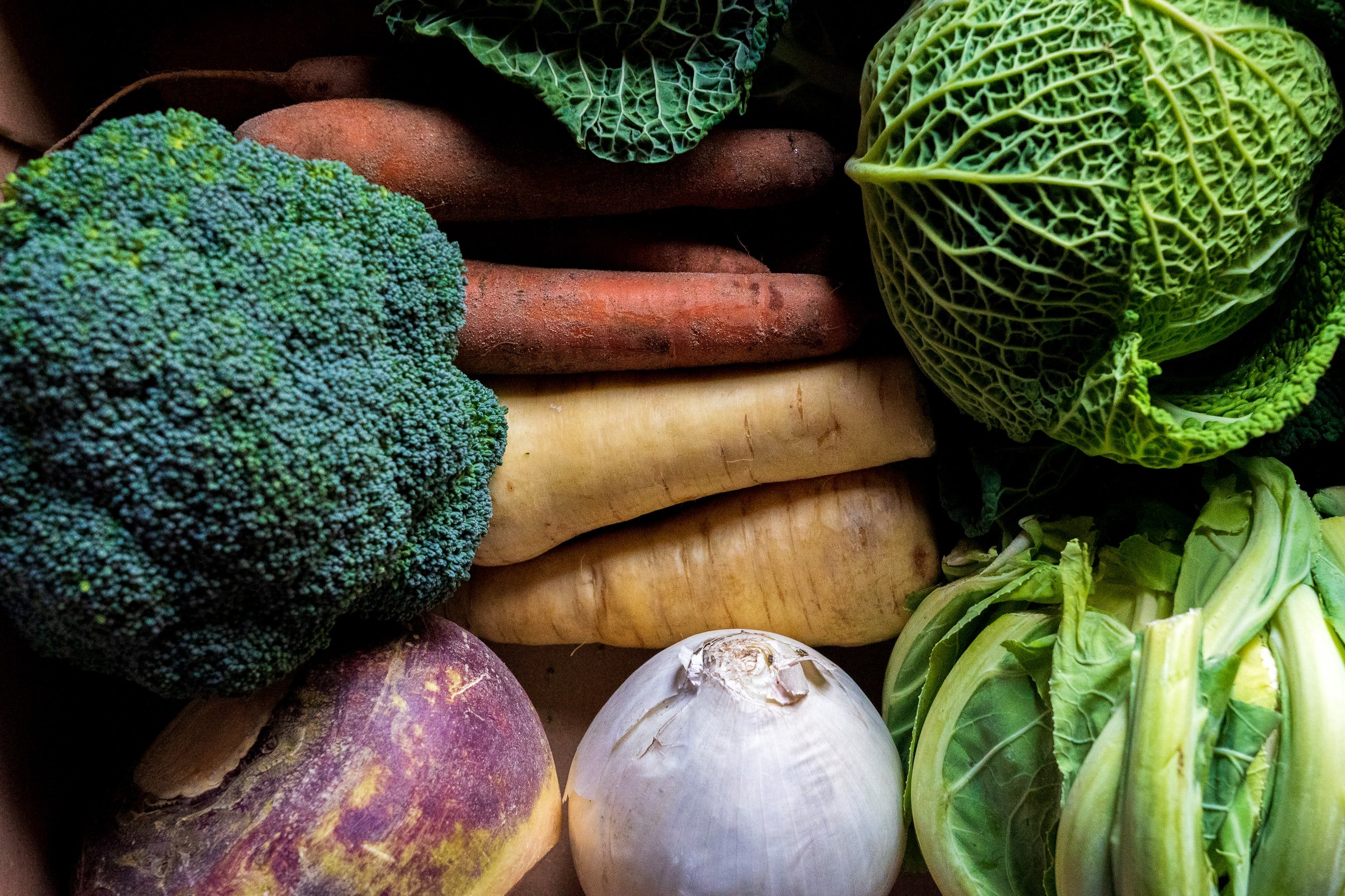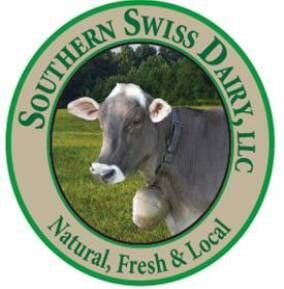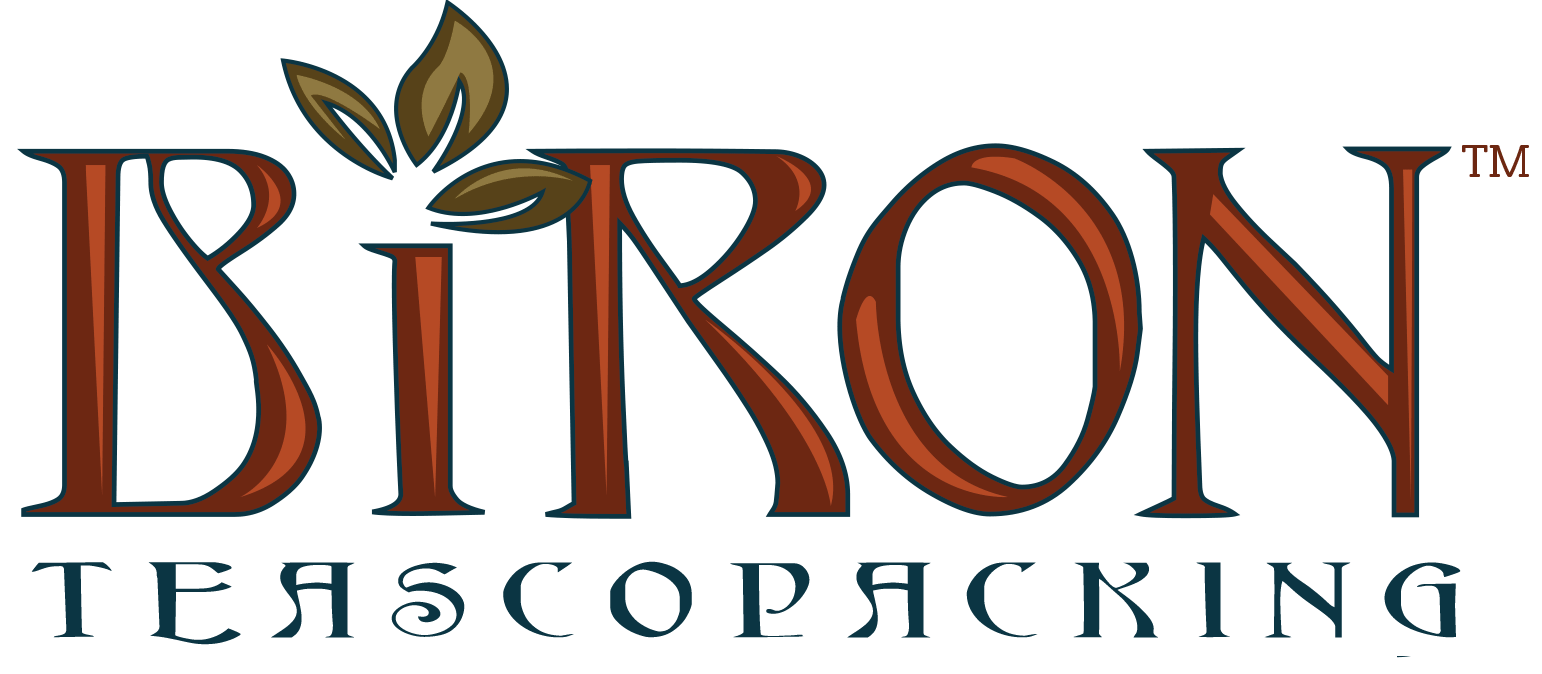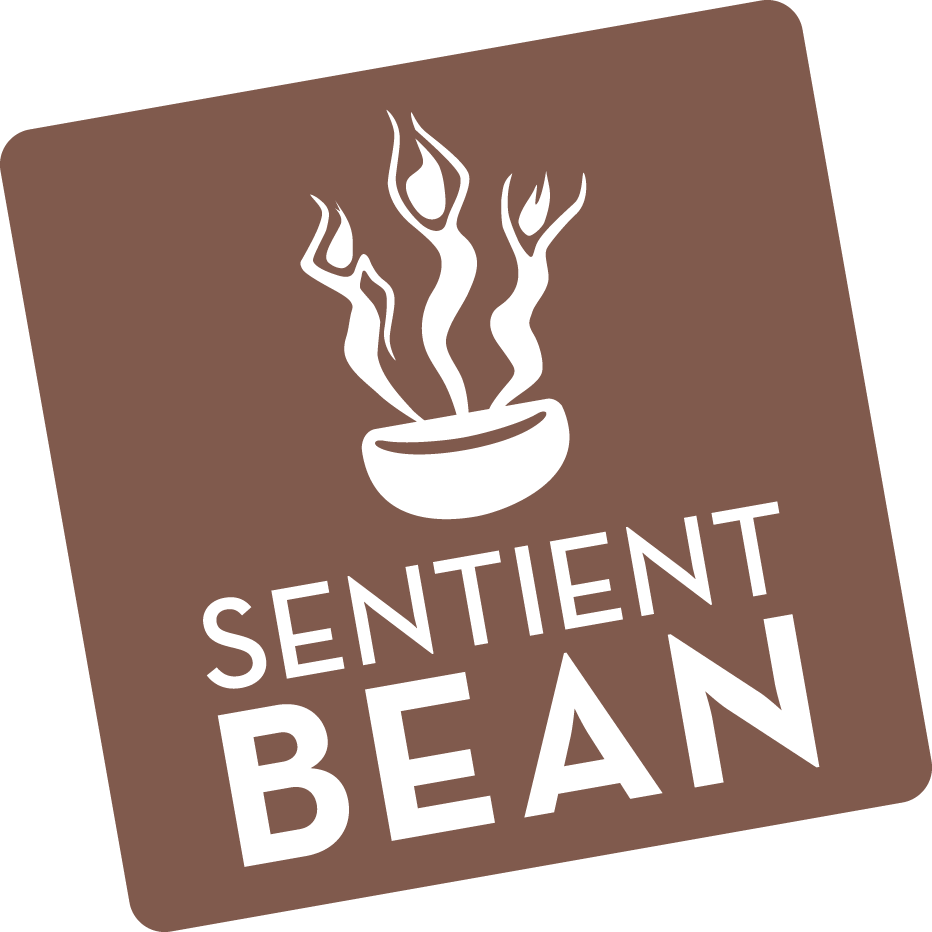
Local and Organic Procurement
Commitment to Sustainable Sourcing
Every successful business depends on a well-developed purchasing process to source products at the best price and quality while ensuring they are fit for purpose and have the required availability (Sustainable Hospitality Alliance). Responsible procurement will help increase transparency across the supply chain, improving resilience against social and environmental risks (Davidson et. al. 2020: 10).
Overall, the Sentient Bean uses an estimated 75% of food and beverage products that are organic, locally sourced, and/or fair trade.
Local Goods
Purchasing decisions can have significant environmental and social impacts, particularly for the restaurant and hospitality industry, which often find themselves under pressure to import goods, including food, from distant countries to cater to customer demands. Securing non-imported goods can avoid indirect negative impact via the goods and services they are using such as water-intensive products from a water-scarce region, or products with human rights issues in the supply chain (Sustainable Hospitality Alliance). Local procurement builds economic and social sustainability by investing in the local community and protecting local jobs (What Works Centre for Local Economic Growth 2021).
The majority of our Bread, Produce, Milk, Eggs, Alcohol, Honey and Tea are locally sourced and we provide a selection of house-made syrups.
Organic Product
Many certifications exist that help identify products which are more sustainable (Sustainable Hospitality Alliance). One such common sustainability indicator is certified Organic products. Organic farming is widely considered to be a far more sustainable alternative when it comes to food production due to the lack of pesticides, biodiversity enhancement that results in better soil quality and reduced pollution from fertilizer or pesticide run-off (Varanasi 2019).
Our local farmers are either certified organic or follow organic farming principles to provide great quality food without depleting our earth’s resources.
Fairtrade
The Sentient Bean serves all organic and fair trade coffee supplied by Cafe Campesino, which guarantees that low-income farmers and artisans receive a fair price for their products so they may feed, educate, and care for their families. Frontier Herbs, sourced through Brighter Day Natural Foods, and Rishi Tea are also fair trade companies (Rishi Tea 2021; Frontier Co-Op 2021). The Sentient Bean also purchases local tea through Biron Herbal in addition to Rishi Tea sourced through Cafe Campesino.













Cafe Campesino. 2021. “Our History”. Available at: https://www.cafecampesino.com/our-history/ [accessed 21 November 2021].
Davidson, Hope, Catherine Van Loo and Will Saddington. 2020. “RESPONSIBLE SOURCING – HOW TO EMBED SUSTAINABILITY INTO PROCUREMENT PROCESSES ''. Business in the Community; Deloitte. Available at: https://www.bitc.org.uk/wp-content/uploads/2020/07/bitc-report-environment-responsiblesourcing-july20.pdf [accessed 18 November 2021].
VARANASI, ANURADHA. 2019. Is Organic Food Really Better for the Environment? Available at: https://news.climate.columbia.edu/2019/10/22/organic-food-better-environment/ [accessed 18 November 2021].
Rishi Tea. 2021. “Rishi Tea & Botanicals”. Available at: https://rishi-tea.com/ [accessed 21 November 2021].
Sustainable Hospitality Alliance. “Responsible Procurement”. Available at: https://sustainablehospitalityalliance.org/resource/responsible-procurement-factsheet/ [accessed 21 November 2021].
What Works Centre for Local Economic Growth. 2013. “Local Procurement”. Available at: https://whatworksgrowth.org/resources/local-procurement-1/ [accessed 20 November 2021].





